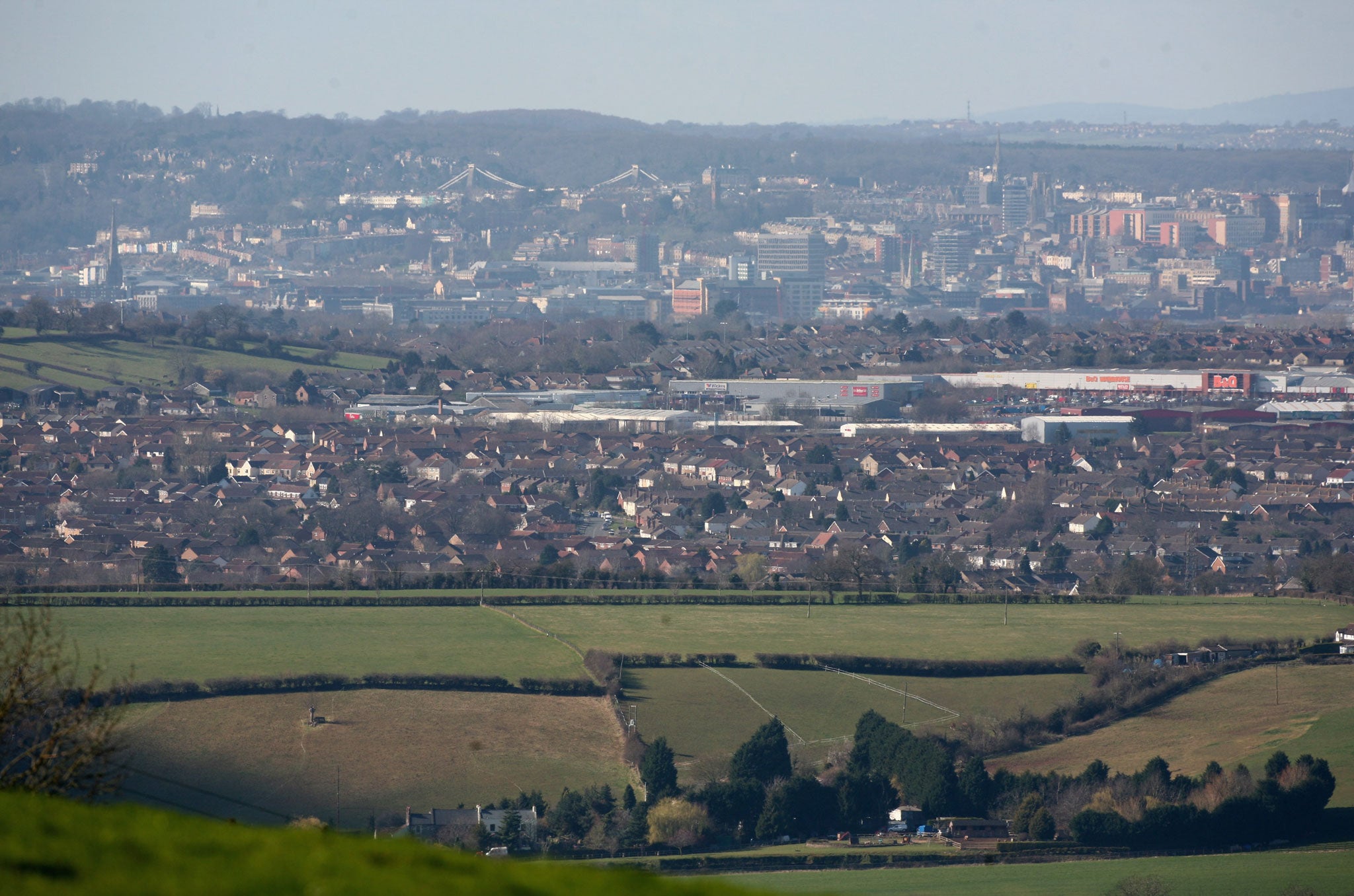The greenbelt has untold social and, yes, economic benefits. We shouldn't need reminding
The think-of-the-kids banner always heralds some unwise and unpopular Government policy, proposals to build on the greenbelt are no exception

Your support helps us to tell the story
From reproductive rights to climate change to Big Tech, The Independent is on the ground when the story is developing. Whether it's investigating the financials of Elon Musk's pro-Trump PAC or producing our latest documentary, 'The A Word', which shines a light on the American women fighting for reproductive rights, we know how important it is to parse out the facts from the messaging.
At such a critical moment in US history, we need reporters on the ground. Your donation allows us to keep sending journalists to speak to both sides of the story.
The Independent is trusted by Americans across the entire political spectrum. And unlike many other quality news outlets, we choose not to lock Americans out of our reporting and analysis with paywalls. We believe quality journalism should be available to everyone, paid for by those who can afford it.
Your support makes all the difference.When politicians trot out the “for the sake our children and grandchildren” line, it is best to be wary. They will be trying to push through an unwise and unpopular policy by implying that anyone who opposes it is selfishly indifferent to the needs of the yet unborn.
Nick Boles has been flying the think-of-the-kids banner while proposing this week that Britain, whose countryside has been more built upon than any other country in Europe apart from Belgium and Holland, should urbanise even more. Another 3 per cent of green space would solve our housing crisis, the minister has said.
This keening conceals a rather more immediate, money-based concern. When Boles cheerfully tells us we “shouldn’t obsess about the fact the only landscapes that are beautiful are open – sometimes buildings are better”, he has his beady, ambitious eye on George Osborne. His idea that everyone has “a basic moral right… to a home with a little bit of ground around it”, a weird conflation of Thoreau and Thatcher, is designed to distract from the plan to launch an unconstrained building bonanza to jump-start a flat economy.
It is bizarre that, in Britain and in 2012, one has to point out the value of nature, landscape and tranquillity. The British countryside was central to our self-promoting pitch to the world at the recent Olympics. There is no end to TV series which exploit in one way or another a general yearning for life in the country. Every survey into happiness confirms what common sense already tells us: that we need access to a natural world which offers an evolving connection to the past and the future, not to mention untold psychological, social and probably economic benefits.
Even the Government’s own Natural Capital Committee, set up earlier in the year to assess the market value of our natural environment, is making this glaringly obvious point. In a speech to the Royal Society this week, the chair of the committee, Dieter Helm, argued that we need to quantify the worth of a habitat that has taken millennia to develop. Taking the ancient chalkland of Twyford Down as an example, Helm recalled the controversial extension to the M3 in 1993 which destroyed a swathe of it at a cost of £90m. “If a proper valuation had been done, a tunnel would have been built,” he said. Perhaps putting a price tag on the rural landscape will help Boles, and the similarly unimaginative, to understand that to sacrifice it for short-term gain, when brownfield sites for 1.5 million potential new homes already exist, would be the true betrayal of future generations.
French men are different too
A website created to help British women living in France behave like French women seems quite likely to be getting a few hits over here. Some of the tips offered by Géraldine Lepère on Comme une Française are basic good sense. Wear something “simple, sober with great fabric and a beautiful cut” when going out. Avoid being too punctual. Never bring a bottle of obviously cheap wine. Other advice may take a while before it is assimilated into British culture: women should be keen to chat about politics over dinner, apparently.
The area of sex, predictably, is where the gulf seems widest between the French and the British. Men complimenting women on their looks have no ulterior motive, says Miss Lepère. “If a man in the street says, ‘You are very pretty mademoiselle’, this doesn’t mean he wants to sleep with you.” The trouble is, over here, it does.
Join our commenting forum
Join thought-provoking conversations, follow other Independent readers and see their replies
Comments